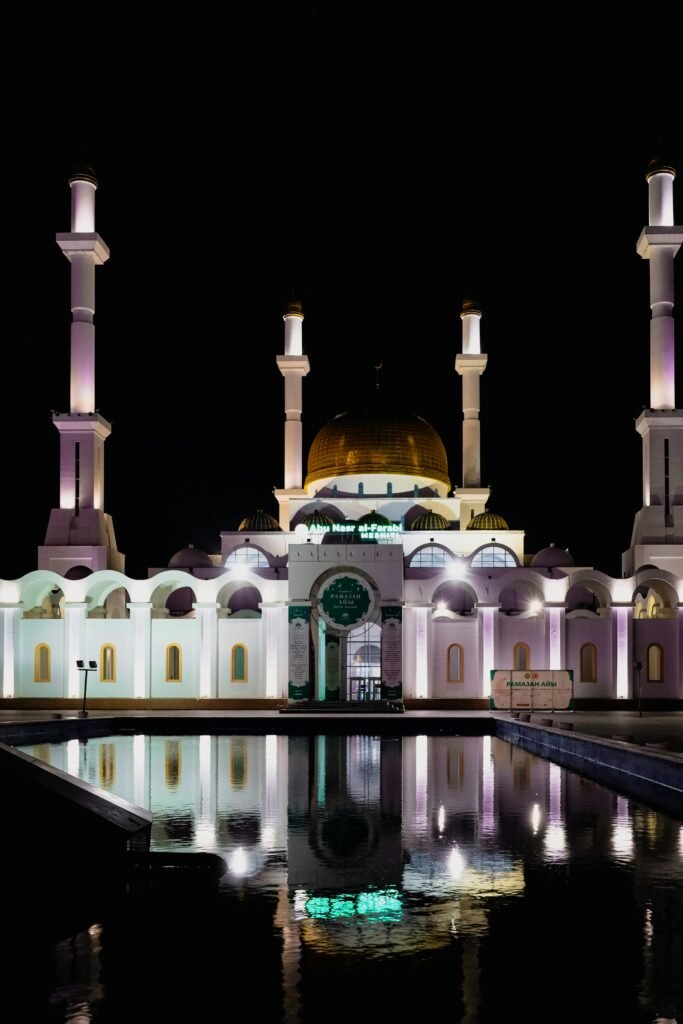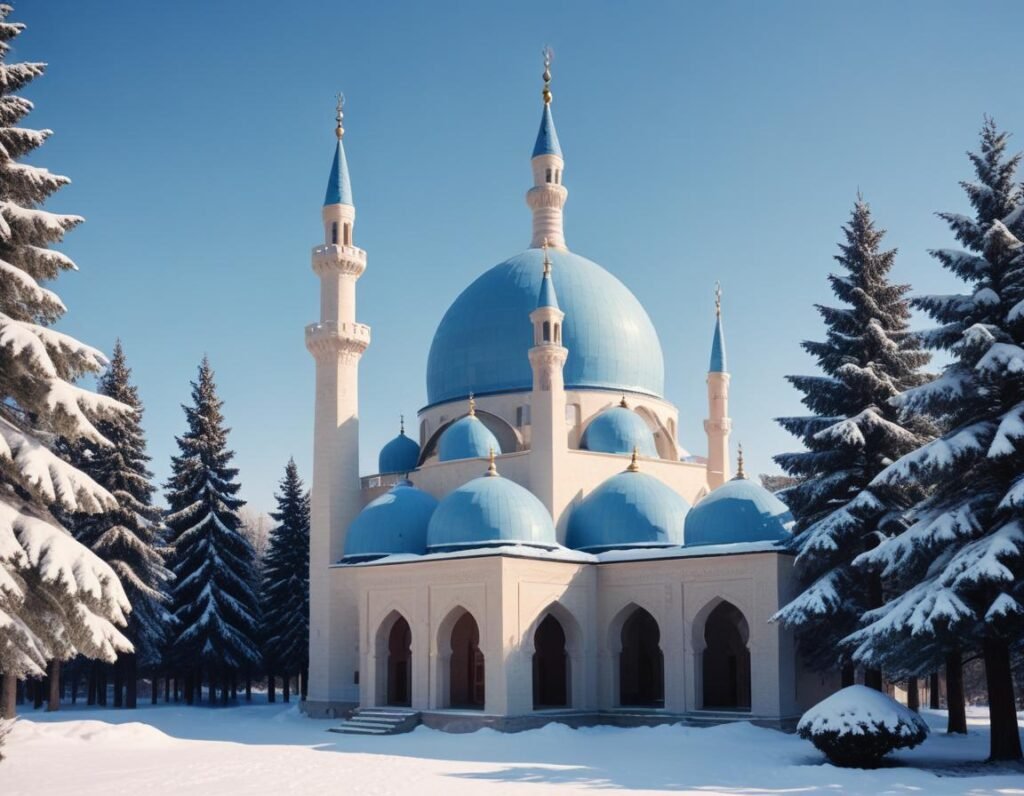Islamic News Politics: Election Problem In Muslim Nations

In the corridors of modern governance, few topics ignite as much urgency and complexity as the election problem in Muslim nations. While the globe advances in political transparency and public accountability, many parts of the Islamic world find themselves caught in a difficult tug-of-war between historical tradition and contemporary political expectations. This tension echoes powerfully in Islamic News, where political developments, often marred by crisis and chaos, demand thorough scrutiny.
In this in-depth analysis, we unravel the dilemmas facing Islamic New Politics, diving into the soul of Islam, its deep-rooted political philosophy, and the modern electoral malaise engulfing Muslim-majority nations.
Understanding Islam and Its Political Soul
What the Islamic Religion Offers to Governance
The question of what the Islamic religion teaches about politics is foundational. Islam is not merely a spiritual doctrine; it is a comprehensive system of life. From legal structures to economic justice, Islam offers a nuanced, principled approach to human affairs.
Unlike secular politics, which often detaches moral accountability from power, Islamic Information outlines a sacred covenant: political authority is a trust (amanah) — one that must serve the people with justice (‘adl), mercy (rahmah), and wisdom (hikmah).
A Glimpse Through Time: Islamic History and Governance
Lessons from Islamic History
When examining Islamic History, it becomes evident that governance in Islam is not foreign to democratic principles. The Prophet Muhammad (peace be upon him) and the Rightly Guided Caliphs practiced shura (consultation), accountability, and community engagement.
These early Islamic societies implemented a consultative decision-making structure that emphasized welfare, transparency, and meritocracy. The dissonance we now see in many Muslim nations is not due to Islam, but due to a departure from these guiding values.
The Rise of Dysfunctional Electoral Models
Elections in Crisis: The Heart of the Problem
From North Africa to the Middle East to South Asia, Islamic News frequently reveals troubling patterns in elections: manipulated outcomes, restricted candidacies, voter suppression, and lack of independent institutions. What lies beneath this dysfunction?
- Authoritarian Legacy: Decades of military or monarchical rule have eroded democratic culture.
- Tribal and Sectarian Politics: Many elections are reduced to power struggles between clans or religious factions.
- Weak Civil Societies: Without empowered civil organizations or a free press, accountability crumbles.
- External Interference: Foreign interests often influence electoral outcomes for geopolitical gains.
Islamic Hijri and Political Timekeeping
The Forgotten Spiritual Clock
In contrast to the Gregorian calendar dominating global politics, the Islamic Hijri calendar has served as a historical timeline for Muslim civilizations. More than a method of counting months, it symbolizes migration, transformation, and renewal.
Today, few political calendars in Muslim nations even acknowledge Islamic Hijri dates in official systems. This symbolic distancing from religious identity reflects a deeper political drift away from Islamic Information that once guided just leadership.
Islamic New Year: Time for Political Reflection
Beyond Ceremonial Observance
The Islamic New Year, marking the start of Muharram, should be more than just a ceremonial reminder. It is an opportunity for national introspection. It calls leaders and citizens to ponder:
- Have we upheld justice?
- Are we serving the people?
- Is our electoral system fair and ethical?
In Islamic News, the Islamic New Year should spark passionate debates and thoughtful reforms, not merely formal greetings.
What Is Eid? A Political Symbol of Unity
Though often viewed as a religious holiday, Eid carries political undertones in the context of Islamic News.
- Eid al-Fitr and Eid al-Adha unite communities across tribal and ethnic divides.
- They symbolize equality, sacrifice, and gratitude—all essential virtues in political life.
- They remind us that real leadership involves service and humility.
What Is Roza and Salah in Political Ethics?
Transformational Practices for Rulers and the Ruled
- Roza (fasting) teaches self-restraint. How many politicians practice restraint in power?
- Salah (prayer) teaches discipline and submission to a higher authority. How many rulers bow to moral law?
These practices, core to Islam, are not just rituals—they are training in ethical governance. Islamic Information urges leaders to internalize these values to correct corrupt systems.
Islamic News and the Crisis of Political Trust
A People Betrayed?
In recent Islamic News reports, one word repeats across nations: disillusionment. Citizens feel betrayed. Ballots do not translate into change. Leaders serve dynasties, not the public.
This erosion of trust fractures society. It foments radicalism. It creates the very instability many regimes fear.
The Dangers of Imported Democracy

Foreign Systems, Local Disasters
Many Muslim-majority countries adopted Western-style elections without adapting them to local cultural and religious contexts. These models, detached from Islamic Information, often exacerbate rather than solve political challenges.
- Pluralism without unity leads to fragmentation.
- Freedom without ethics breeds chaos.
- Power without spirituality breeds tyranny.
A powerful model must emerge from within, rooted in Islam, yet responsive to modern realities.
The Role of the Ummah in Political Revival
A Sleeping Giant
The Ummah (global Muslim community) is vast, youthful, and connected. It is time for this collective voice to reclaim its role in shaping political destiny.
- Youth movements demanding justice.
- Scholars are calling for ethical leadership.
- Journalists and thinkers are reshaping Islamic News narratives.
A renaissance is stirring. But it requires courage, vision, and unity.
Women’s Role in Islamic Politics
A Force Ignored
In many Islamic News analyses, the absence of women in politics is striking. Yet Islamic History celebrates figures like Khadijah and Aisha—powerful, articulate, and politically active.
Empowering women is not a modern trend; it’s a revival of authentic Islamic Information. Their voices can anchor societies in compassion, wisdom, and resilience.
From Election Problems to Political Solutions
What Can Be Done?
- Shura-Based Governance: Revive consultative mechanisms rooted in Islamic History.
- Transparent Institutions: Independent judiciary, electoral commissions, and media must be protected.
- Education in Islamic Political Ethics: Teach what the Islamic religion says about leadership.
- Civic Engagement: Citizens must not only vote but also hold leaders accountable.
- Integration of Islamic Hijri Symbolism: Reinforce political decisions with spiritual time markers.
The Spiritual Crisis of Leadership
More than legal systems or electoral procedures, the crisis in Muslim politics is spiritual. Leaders lack taqwa (God-consciousness). Citizens lack trust. Societies lack vision.
Islamic News must illuminate this spiritual void—and help fill it with truth, values, and sincerity.
Reviving the Political Spirit of Islam
A Sacred Mission
To address election problems in Muslim nations, one must go beyond ballots and build a culture of spiritual accountability, ethical power, and communal unity. The political soul of Islam is not lost; it is waiting to be reawakened.
Through the power of sincere leadership, educated masses, and reconnected Islamic Information, a new dawn is possible.
Conclusion
In a time of uncertainty and strife, Islamic News must do more than report events. It must awaken hearts. It must challenge broken systems. It must inspire change rooted in the rich, unyielding truths of Islam.
From the lessons of Islamic History to the ethical guidance of Roza and Salah, the answers already exist. We only need the will to act on them.
As the Islamic Hijri calendar turns, as Eid unites us, as the Ummah seeks justice, let this be our mission: to rebuild politics with integrity, not ambition; with unity, not division.
This is the essence of Islamic New Politics—and the promise of a better future.
